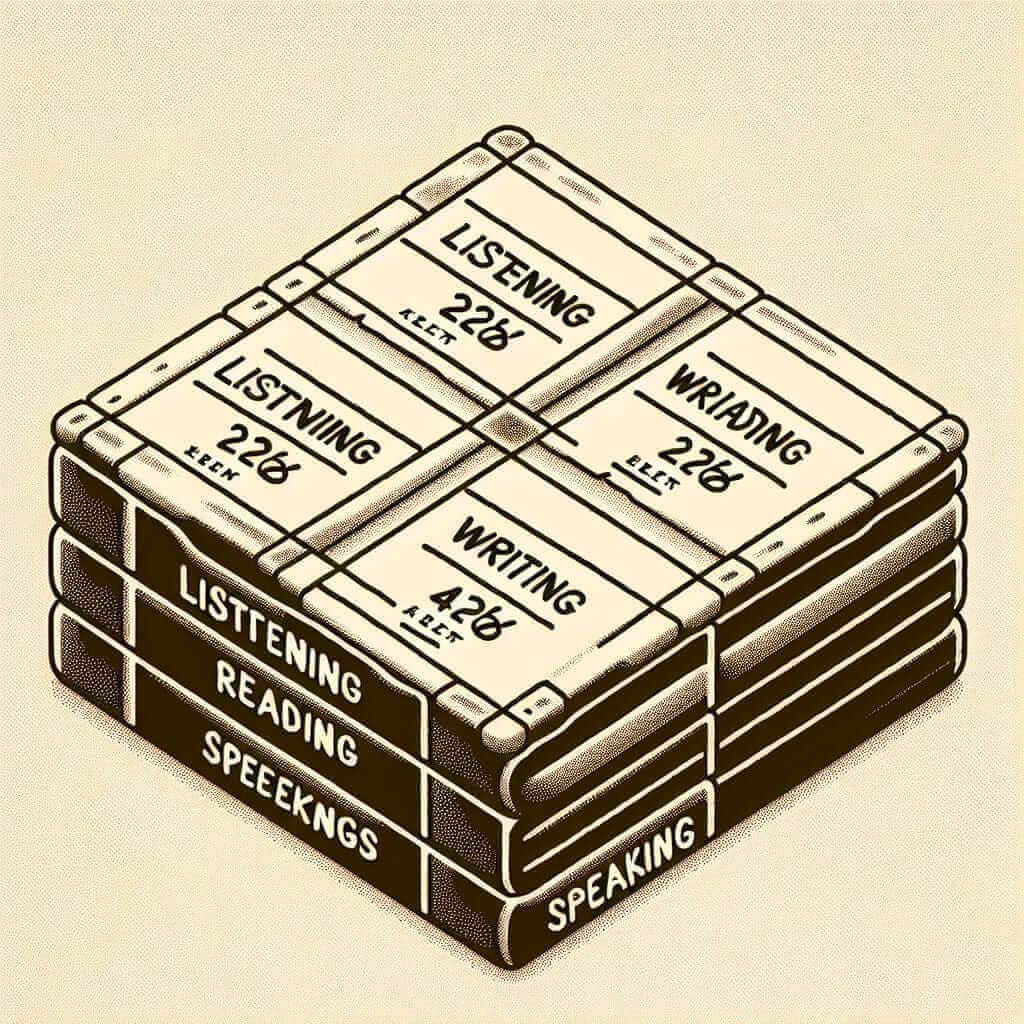As an IELTS instructor with over two decades of experience, I often encounter the phrase “British IELTS.” It’s important to clarify that there’s no official distinction called “British IELTS.” The International English Language Testing System (IELTS) is globally standardized, meaning the test format, content, scoring criteria, and quality control are consistent worldwide.
Dispelling the “British IELTS” Myth
The notion of “British IELTS” likely stems from the fact that IELTS originated in the UK and is jointly managed by the British Council, IDP: IELTS Australia, and Cambridge Assessment English. However, this doesn’t make the test inherently biased towards British English.
IELTS English: A Global Approach
IELTS assesses your proficiency in English as an international language, not your mastery of a specific regional accent or dialect. While you’ll encounter a variety of accents in the Listening test, including British, North American, and Australian, your ability to comprehend diverse English accents is being tested, not your preference for one over another.
Similarly, in the Speaking test, you’re free to use any English accent as long as your pronunciation is clear and your language use is accurate and appropriate. Examiners are trained to assess your spoken English based on international intelligibility, not regional variations.

Focusing on What Matters: IELTS Test Preparation
Instead of worrying about “British IELTS,” I encourage my students to focus on these key areas:
1. Understanding the Test Format and Content:
Familiarize yourself thoroughly with the structure of each section (Listening, Reading, Writing, and Speaking) and the types of questions you can expect.
2. Developing Core English Language Skills:
Focus on improving your vocabulary, grammar, pronunciation, fluency, and coherence across all four language skills.
3. Practicing with Authentic IELTS Materials:
Utilize official IELTS practice tests, sample answers, and study materials to simulate real test conditions and identify your strengths and weaknesses.
4. Seeking Feedback from Experienced IELTS Instructors:
Personalized guidance from an experienced IELTS teacher can help you refine your strategies, address specific challenges, and boost your confidence.
Conclusion
Remember, IELTS success hinges on your overall English proficiency, not on adhering to a particular English variant. By diligently preparing for the test and focusing on the core language skills, you’ll be well-equipped to achieve your desired IELTS band score. Good luck!